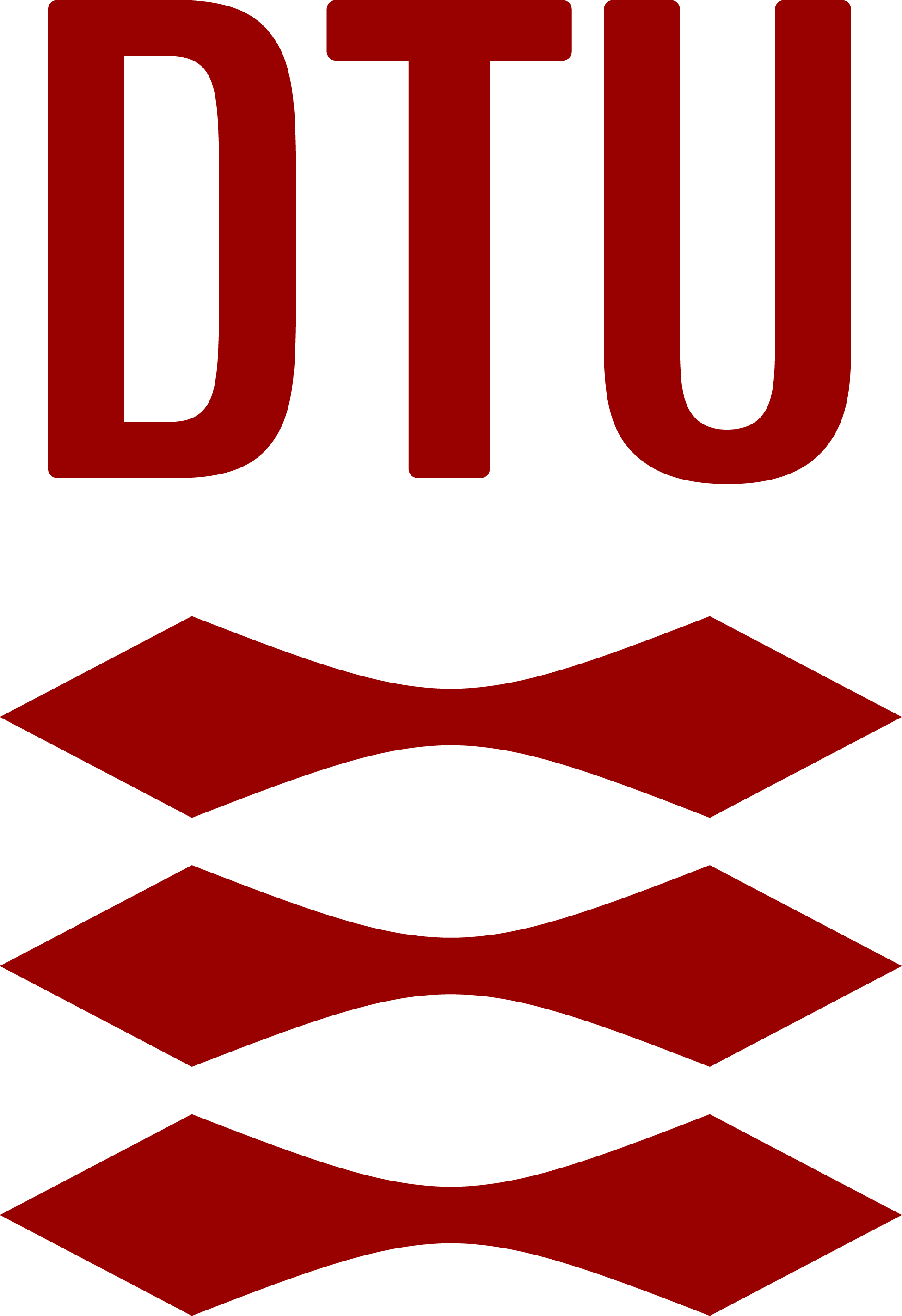Over deze cursus
To give the student broad knowledge of filamentous fungi of significance for the biotech and food industry, both as production organisms and as contaminants. The course will give the student a comprehensive insight in how fungi grow and interact within a given system. The student will gain experience in interpretation of experimental data from mycological experiments. The students will get insight into recent developments in fungal strain engineering and synthetic biology. Through group work on specific cases the student will become familiar with retrieval and interpretation of the scientific literature outside the textbook. Fungal physiology and life cycles. Fungal cell biology and genetics. Experience with fungal micro- and macro-morphology. Microbial ecology. Secondary metabolism and toxicological aspects. The role of fungi in bacterial, plant and mammalian systems. Fungi in industry. Fungi that cause quality loss of foods, feed and may contaminate biotechnological productions. Fungi that compromise indoor climate. Technological characteristics of common filamentous fungi. Fungal genomics and genome driven discovery. Synthetic biology and construction of fungal cell factories.
Leerresultaten
At the end of the course the learner will be able to: • Understand what a fungus is • Describe and sketch the key morphological structures and life cycles in industrial important fungi and fungal model systems • Predict the possibilities for fungal growth (qualitatively and quantitatively) • Understand the underlying processes in fungal cell biology and genetics • Design experiments in fungal genetics/strain development/synthetic biology and interpret data • Devise strategies for construction of a fungal cell factory with specific properties • Describe and analyze the interactions between fungi and plants; mammals and bacteria • Predict the possibilities for production of mycotoxins and evaluate the toxicological aspects of unwanted mold growth in food and biotechnological products • Retrieve and interpret data from on-line databases on fungal bioinformatics • Identify and characterize important molds to species level by multidisciplinary methods • Assess a mycological subject within industry and pathology and present the subject to people with mycological experience at an advanced level • Create and present a scientific topic in a poster to an audience
Toetsing
Oral examination Exam questions are given on the first day of the course. Therefore, the exam will start immediately after the question has been drawn. Participation in the oral exam is depending on the active participation in all four group-based cases
Voorkennis
Knowledge of the methods and paradigms in molecular microbiology, basic experimental skills in molecular microbiology, Insight in the functional and species diversity of microorganisms (bacteria, Archaea, and fungi).
Activiteiten
Lectures and group work online.
Aanvullende informatie
- Locatie instellingAnker Engelunds Vej 1, Online
- Meer infoCursuspagina op de website van Technical University of Denmark
- Neem contact op met een coordinator
- StudiepuntenECTS 10
- NiveauMaster
- Contact uren per week4
- InstructeursJakob Blæsbjerg Hoof, Jens Christian Frisvad
